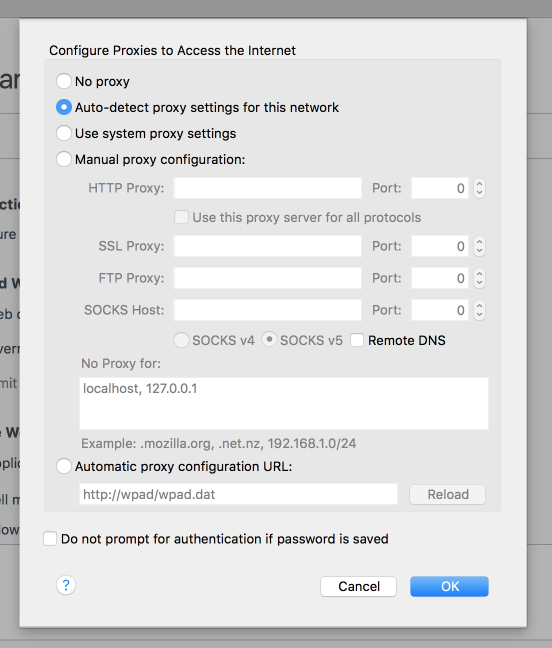

- #UNTANGLE FIREWALL BLOCK ALL TRAFFIC BEASIDES WHAT I ALLOW UPDATE#
- #UNTANGLE FIREWALL BLOCK ALL TRAFFIC BEASIDES WHAT I ALLOW WINDOWS#
The default policy of the Domain profile implements a default deny ingress policy and a default allow egress (i.e, Inbound connections are blocked and Outbound connections are allowed.) If you've changed these defaults you can set them back in the Windows Firewall Properties dialog. edit: You can do it by client 'hostname', which will match if and only if the client is local and hostname is already known through some other means. I want to set my default rule to block all traffic and only allow certain traffic with allow rules. firewall has to make a decision on the information that is available at the time of session creation.

After deleting all the pre-existing rules (that I didn't see with the group policy editor) I was able to only allow the traffic that I wanted by creating specific allow rules.Īs an aside, making changes to the firewall policies for public and private won't have any effect as long as your NIC is still using the Domain network profile.Īccording to this documentation the allow rules are supposed to take precedence over default rules. To do what I wanted I just had to set the policy to "Block (default)" (with the right tool of course). Something like: Then create a layer 3 rule only allow http and https to the Internet for the hosts that are allowed (which will be restricted by the content filtering rules). Under Security 'Appliance/Content Filtering' you could block all URLs and only allow the ones you want. These rules were taking effect without me realizing it which caused my confusion. I would use a content filtering rule and a layer 3 firewall rule. There were already rules set on the firewall that I couldn't see in the group policy editor. Instead of using the GUI in Administrative Tools I was using the one in Group Policy editor (which happen to look identical).
#UNTANGLE FIREWALL BLOCK ALL TRAFFIC BEASIDES WHAT I ALLOW UPDATE#
Update - It turns out I was using the wrong GUI (embarrassing). How do I configure Windows Firewall to do this?

With the Inbound connections policy set to block all connections and the above allow rules enabled it still blocks my remote pings. Allow inbound ICMPv6 traffic for all programs/IP addresses.Allow inbound ICMPv4 traffic for all programs/IP addresses.I want to set my default rule to block all traffic and only allow certain traffic with allow rules. I changed it to "block all connections" and created an inbound rule that allows ICMP from all three profiles, for all programs on all interfaces but this made the firewall drop ICMP traffic even though I have an allow rule created for it.Īccording to this documentation the allow rules are supposed to take precidence over default rules. Filter Rules apply to all protocols while Firewall only sees TCP and UDP. This means if you want to block anything thats bypassed you should use the Filter Rule. In the domain policy properties I've set the Inbound Connections to "Block (default)" but this still let's ICMP through. The Firewall doesnt see bypassed traffic. I've been making the same setting changes to each one, though I only have a single NIC and its assigned the domain policy. I see there are three policies - public/private/domain. I'm trying to configure Windows Firewall on Server 2008 R2 to block everything except for the traffic that I add to the rule list.


 0 kommentar(er)
0 kommentar(er)
